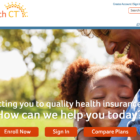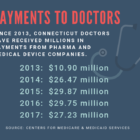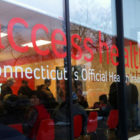Women's Health
Birth Control: Lots Of Options, But Scant Guidance
|
When University of Connecticut student Natalie Plebanek was 16 years old, she suffered heavy menstrual periods and subsequent fainting spells. But when she asked her pediatrician about a prescription for birth control pills, proven to reduce menstrual bleeding significantly, the doctor balked, citing a common myth. “She thought I would become extremely sexually active,” Plebanek said. Now 21, Plebanek is considering a more convenient method of birth control. Seeking advice from a gynecologist about her options, she was handed a brochure.









